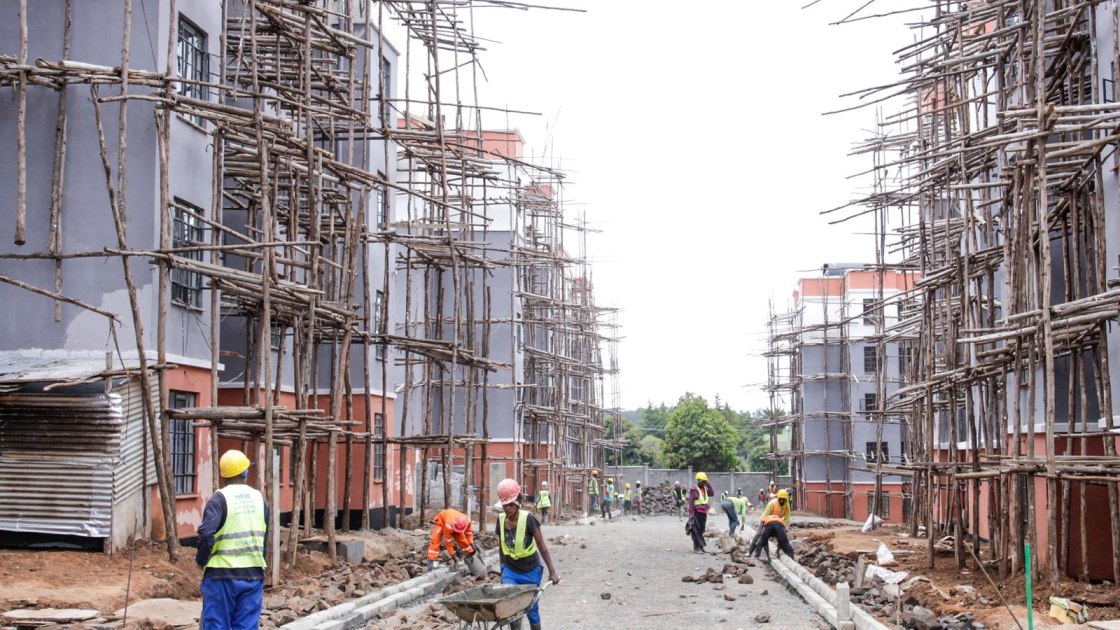Kenyans seeking to own homes under the government’s housing programme will now need to pay only half the previous deposit, following the Cabinet’s approval of new regulations aimed at making home ownership more accessible and affordable.
In a dispatch on Tuesday, the Cabinet announced it had approved the Affordable Housing Regulations, 2024, a policy framework that will guide the implementation of the Affordable Housing Programme, a key component of President William Ruto’s Bottom-Up Economic Transformation Agenda.
The regulations reduce the housing deposit requirement from 10 per cent to 5 per cent, a move expected to lower the entry barrier for many aspiring homeowners.
“The regulations also provide for equitable housing allocation across different income groups and access to low-interest or low-monthly-payment home loans,” the Cabinet said. “They further include structured deposit assistance for individuals who are unable to make upfront payments.”
The new rules offer legal clarity and structure for affordable housing projects in all 47 counties. They also address the development, design and upkeep of both affordable and institutional housing.
Beyond affordability and accessibility, the regulations support long-term financing for developers and buyers, and ensure that essential services and maintenance are available in completed housing projects.
In the same meeting, the Cabinet approved the Public Procurement and Asset Disposal (Amendment) Bill, 2025, which seeks to reform government procurement by making electronic procurement the default system.
“This shift is aimed at increasing transparency, reducing inefficiencies, and combating corruption,” the dispatch stated.
The proposed law updates the 2015 Procurement Act to reflect lessons learned over the last decade and align with global best practices.
Among the changes is a stronger push to empower local contractors and promote local production through clear targets and thresholds for local supplier participation in public tenders.
The Bill also proposes simplified access for small and medium-sized enterprises and strengthens inclusion for disadvantaged groups such as women, youth and persons with disabilities.
